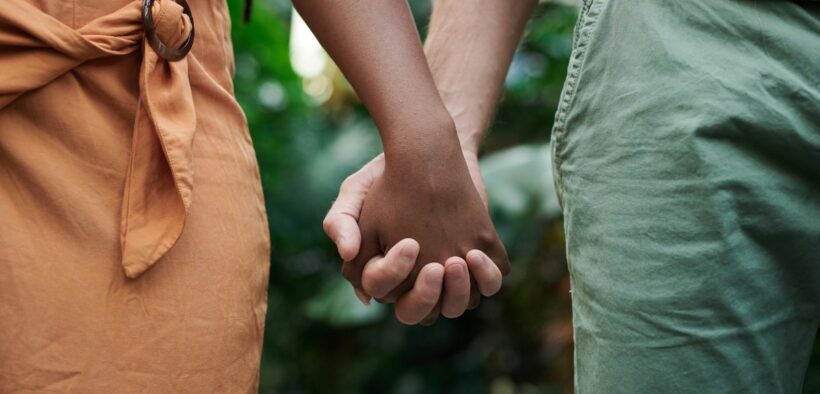Parallel experiences create a common bond between refugees and First Nations people living in Australia, according to ground-breaking new research released today by non-profit SSI and Western Sydney University.
This shared bond makes refugees and First Nations communities natural allies in progressing reconciliation and in steps towards the proposed Voice to Parliament. However, more needs to be done to provide refugees with access to opportunities for cultural and information exchange with First Nations peoples, according to the Foundations for Belonging research, which was launched today.
Elias Elias, an Ezidi refugee who settled in Armidale in 2018 and participated in the research, said that when he heard there was an ancient culture in Australia, he immediately wanted to learn more about it. The Ezidis are a group indigenous to the geographical region in Western Asia including parts of Iraq, Syria, Turkey and Iran.
“I was told what happened to Aboriginal people in the past, and that happened to us too when ISIS attacked in 2014. That made me want to know about their history,” said Elias.
“Through the workshop, I learnt more about how they hunted and survived and cared for the land for thousands of years.”
Madison Shakespeare, a Gadigal Traditional Owner and lead researcher, Western Sydney University conducted in-person workshops on Country and online focus group discussions with refugees as part of this action research.
She said refugees want to learn about First Nations issues, cultural practices, and histories through experiential learning on Country, not just through information included in citizenship tests or settlement orientation sessions.
Dr Tadgh McMahon, Head of Research and Policy at SSI said the findings indicated that the endurance of First Nations’ peoples and their cultures gave refugees a greater sense of their own cultural safety in the face of more dominant western culture in their new home.
“Harnessing the shared bond between refugee and First Nations communities requires action from government, settlement providers, peak bodies, and reconciliation groups to enhance avenues for education, collaboration and reconciliation,” said Dr McMahon.
“This includes developing more systematic engagement activities across settlement programs for refugees to strengthen their understanding of First Nations peoples particularly at the local level.”
Shakespeare added that incorporating land-based education into the ways that refugees learn about and engage with First Nations histories and issues can help to develop respect and appreciation for the lands and Country that we live on and share.
Now in its fourth year, Foundations for Belonging gathers the perspectives of refugees and their everyday sense of welcome and belonging as they navigate a new chapter of their lives in Australia. The latest iteration of this research aims to address a research gap in how refugees engage with Aboriginal and Torres Strait Islander histories and peoples and identify ways to enhance their understanding in the future.
Menchie Khairuddin is a writer Deputy Content Manager at Akolade and content producer for Third Sector News. She is passionate about social affairs specifically in mixed, multicultural heritage and not-for-profit organisations.


































































































































































